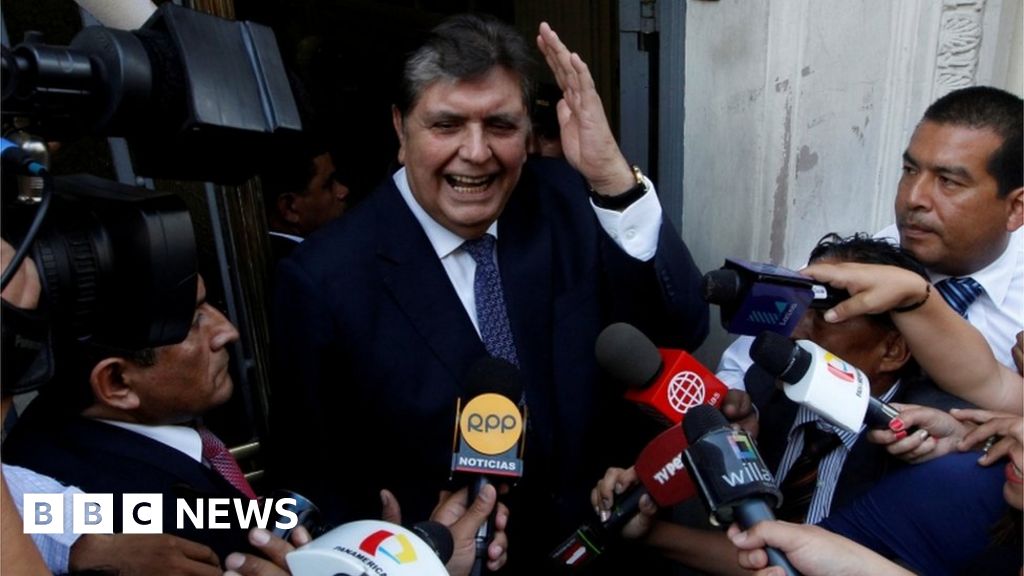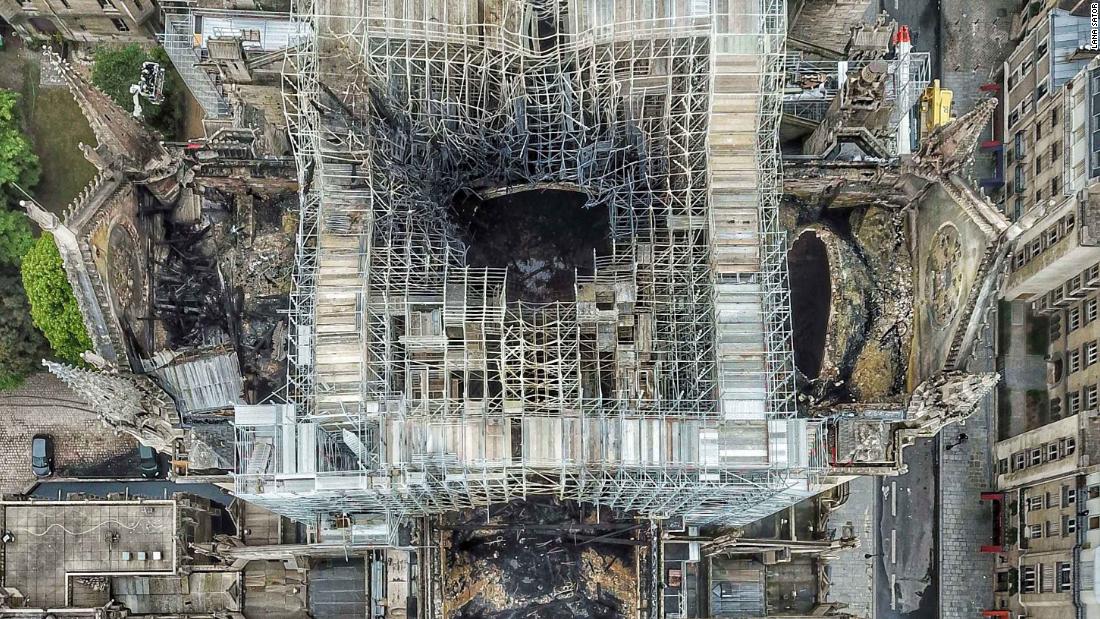Jakarta, Indonesia - Joko "Jokowi" Widodo is on track to win a second term as Indonesia's president, with quick count results indicating a 10-point lead over long-time rival Prabowo Subianto.
Multiple quick counts from different election observers had Jokowi leading Prabowo, a former general, at 55 to 45 percent.
Jokowi said that "let's be patient and wait for the official Electoral Commission results".
Prabowo, however, contested the preliminary results, claiming that his own quick count showed that he was winning. He asked his volunteers to make sure there are no fraudulent counts at polling stations.
While results won't be certain for weeks, the day went smoothly across Indonesia - an archipelago of thousands of islands. With over 800,000 voting stations, 187 million eligible voters, and five million election staff, these are the world's biggest one-day elections.
In Kebon Kacang, central Jakarta, voters were split nearly down the middle. Three of the six polling stations were won by Jokowi and his partner Ma'ruf Amin, and three by Prabowo and running mate Sandiago Uno. Jokowi-Amin received 713 votes across the six stations, and Prabowo-Sandi 673 votes.
Kebon Kacang is located in Tanah Abang, one of the densest sub-districts in central Jakarta and home to big malls.
Queues began forming as early as 6.30am in Kebon Kacang (23:30 GMT on Tuesday). Voters munched on fried tofu or drank curry soup as they waited, and children ran about playing, giving the area a festive feel. It is not without reason that Indonesians refer to election day as a "democracy party".
"I've been here since this morning," said Ivone Whie, a Jokowi supporter. "I wasn't able to vote for 12 years because I was outside my home area, so I'm very excited to vote this year." Ivone was optimistic that Jokowi would continue as president, but told Al Jazeera with a laugh that both sides were confident of a win.
"Regardless of who wins, I hope everyone will be happy and accept the results."
Prabowo's team has repeatedly said that they will protest in the streets "if the vote is stolen".
 |
| Voters wait for their turn to register at a polling station in central Jakarta [Kate Walton/Al Jazeera] |
Smallgoods kiosk owner Juardini shrugged off the idea of protesting. "The important thing is that everything goes peacefully," she said, adding that she voted for Prabowo-Sandi.
"Prabowo-Sandi will reduce the price of basic foodstuffs," she explained, waving at a neighbour. "Recently, the prices have gone up," she said as the women sitting either side of her nodded in agreement.
Reducing prices of everyday items like rice and chillies has been a key campaign promise of Prabowo-Sandi. Religion has also undeniably played a role, but only a handful of voters mentioned religion as a reason for choosing a candidate.
'Too much emphasis on religion'
Security analyst Judith Jacob said that too much emphasis has been placed on religion in the 2019 election.
"The role of religion, while important in these elections, is only one part of the story," she said. "There has been a tendency among many commentators and journalists to conflate concepts like religious piety, religious identity, and religious intolerance and violence together as well as a very simplistic and narrow definition of Islamism."
Jacob said she believed that the economy is a very significant factor for voters, echoing Juardini's concerns. "The weakness of the rupiah, concerns over the rate of economic growth, and a growing current account deficit, has given the opposition something substantive to criticise the administration," Jacob explained.
While no major accusations of vote fixing or fraud had emerged by late afternoon, many had problems voting across the country, with their names not being on voter lists or their polling stations running out of ballot papers.
"I'm really frustrated," young voter Pipit told Al Jazeera, holding her official voter letter in her hand. "My letter told me to come to this polling station, but now they tell me my name is not on the list and that I have to wait [to vote as an additional voter] until after mid-day." She is worried that they would run out of ballots before then.
Pipit and others eventually managed to vote at 12.30pm, just half an hour before polls closed. Al Jazeera heard reports of similar problems across the country, with voters leaving polling stations frustrated in cities of Yogyakarta, Bogor, Sumedang and Bekasi.
Enggi Dewanti, an NGO worker from south Kalimantan who was visiting Jakarta for work, also eventually managed to vote after initially being refused by the committee. "I could only vote for the president, but it feels amazing to be able to vote," she said. "Six of my friends cannot vote right now."
Confusion
Voters are forbidden from wearing political attributes and taking selfies inside the polling stations themselves, but outside, many were posing for photos, holding their purple indelible ink-stained fingers in the air for the camera.
"I voted for Prabowo," said Moli, a middle-aged woman in a flowing black hijab, a headscarf worn by many Muslim women who feel it is part of their religion, after taking a selfie with her husband. "I've known for a while now who I wanted to vote for. I followed our religious leaders' advice."
Indonesia's elections are not only some of the world's largest, but also the most expensive. Finance Minister Sri Mulyani reported that the government had allocated 24.7 trillion rupiah ($1.75bn) for 2019's elections.
Part of the reason behind the huge cost is that this year both presidential and parliamentary elections were held on the same day. Like the previous elections, the day was designated as a public holiday to encourage higher voter turnout.
First-time parliamentary candidate Nadhila Chairanissa for central Jakarta said she hoped that people had made informed choices for their legislative votes.
"I hope they [decide] based on the candidates' backgrounds and policies to see whether that certain candidate really can represent them," Chairanissa told Al Jazeera via WhatsApp. "And not to be easily swayed by monetary promises."
According to many reports, people felt overwhelmed and confused at the number of choices they had to make as they had to vote for presidential as well as parliamentary candidates at the same time.
"I don't know any of these candidates," one woman said to her friends as they read out the list for legislative elections in front of a polling station in Kebon Kacang. "We're confused whom to choose. There are so many."
Let's block ads! (Why?)
https://www.aljazeera.com/news/2019/04/widodo-leads-indonesia-presidential-race-unofficial-results-190417090802655.html
2019-04-17 10:52:00Z
52780270409231









